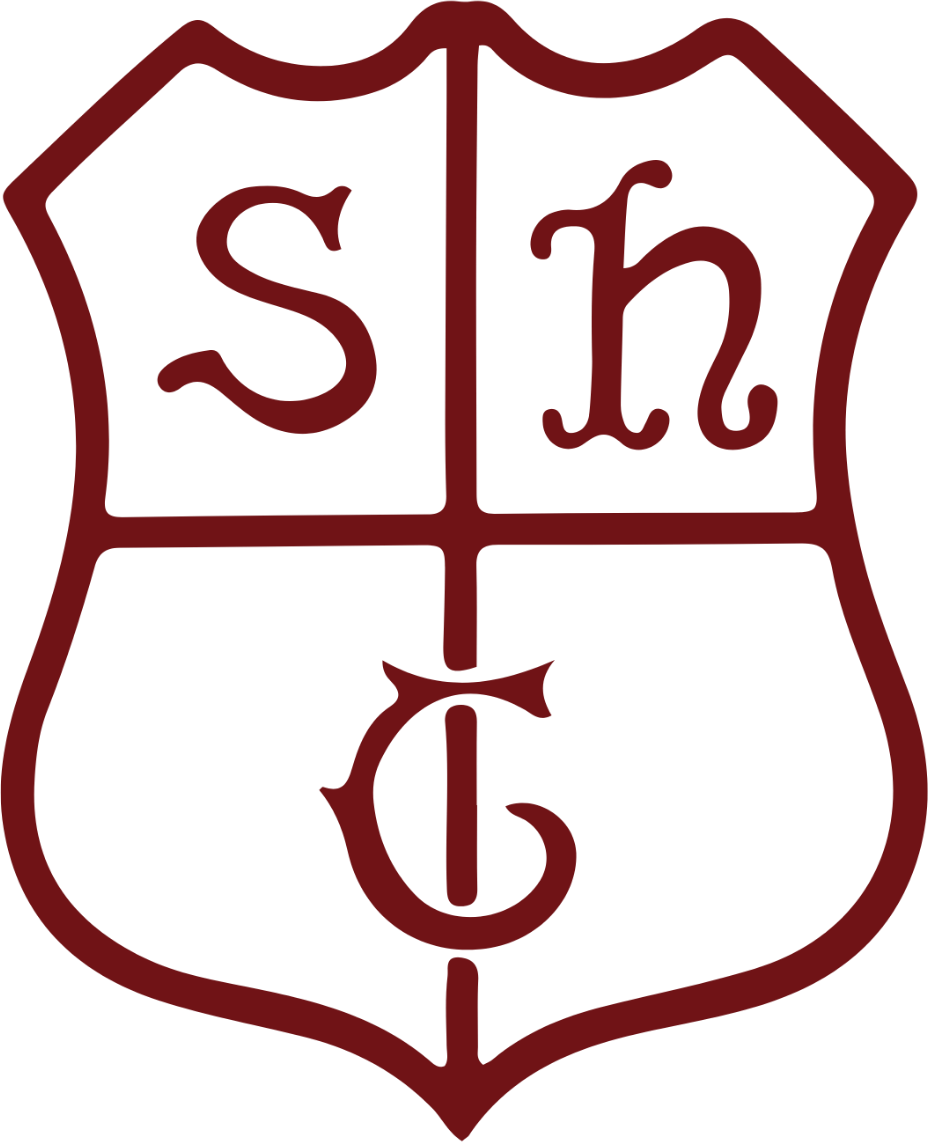
Reading
"There are many little ways to enlarge your child’s world. Love of books is the best of all."
Jacqueline Kennedy Onassis
At Sacred Heart, our intent is that all our pupils leave us as literate individuals, who have reached the specific end-point identified in the National Curriculum as required for pupils transferring to Secondary Education.
It is our intention that all our pupils will enjoy and love reading as we strive to develop in them a life-long passion for reading.
Reading is an essential tool and basic necessity in life. We know reading underpins pupils’ performance in all areas of the curriculum and we intend to develop our pupils’ abilities in a myriad of ways so that they can draw upon the printed word throughout their lives.
From the moment a child enters Sacred Heart School, they will be warmly invited into our ‘Reading Community’ and exposed to a range of texts and opportunities to be read to, read by and read with.
Reading at Sacred Heart
All children at Sacred Heart are expected to read at home every day. Our early reading books use a phonics-based approach both at home and during Reading Practice sessions. For more information, please see our Early Reading Through Phonics page.
Once a child graduates this scheme, they become a Free Reader meaning they can freely choose their own age-appropriate text. At home, they should practise a combination of independent reading and reading aloud in order to improve both of these areas.
At school, we continue to develop Free Readers through Guided Reading groups, whole-class reading sessions and reading to adult volunteers. Children can discuss texts with others and share what they liked or didn't like about a text; they can compare and contrast stories and consider the impact that particular vocabulary has. Overall, we hope to progress all children's reading whilst also stimulating a genuine love of reading.
All guided reading texts and free reading books are aimed at challenging our children to develop and hone their reading skills. Children are exposed to a wide range of quality texts, both fiction and non-fiction and those written by a variety of authors. We encourage our children to choose books that are most appropriate and provide the most suitable level of challenge for them.
Teaching of Reading
At Sacred Heart, we understand that learning to decode is just the beginning of each child’s reading journey. Reading is about grasping meaning and appreciating the purpose and intentions of the writer.
In order to facilitate this, teachers focus on developing various reading skills
Reading strategies |
What is means... |
| Decoding | Children should decode and deduce the meaning of new words based on the context. |
|
Prosody
|
Children should read texts accurately, at the correct pace and with fluent expression. |
| Fact-Retrieval | Children should scan the text to retrieve facts and information. |
|
Inference |
Children should make deductions about the next using evidence to support their views. |
|
Summarising
|
Children should be able to retell the story briefly in their own words. |
| Predicting | Children should make a realistic guess of what happens next in a story. |
| Sequencing | Children should show their comprehension by ordering events of a text. |
| Comparing | Children should identify similarities and differences between texts. |
| Evaluating | Children should considering how authors use vocabulary, punctuation or grammar to create a certain impact. |
| Discussing | Children can discuss the text and voice opinions about the plot, setting or characters. |
At Sacred Heart, these reading strategies are taught, across the school, in a variety of ways:
Shared Reading: We use every opportunity we can to incorporate shared reading in our school. This strategy can be seen in shared reading sessions, in a range of cross-curricular lessons, assemblies and hymn practices. This is an interactive reading experience whereby pupils join in with or share in the reading of a text whilst being guided and supported by a teacher. It is a fantastic opportunity for the teacher to model the skills of a capable reader, such as reading with fluency and expression.
Guided Reading: This is an adult-led session in which a small group of children are taught, learn and apply reading skills. Each child has their own copy of the text, which is carefully chosen to match the reading ability of the group. Within this small group setting, children are exposed to opportunities to question, discuss and develop their reading comprehension skills.
Individual Reading: At Sacred Heart we follow a scheme for reading that we believe assists each individual child’s reading skills. Children begin this reading scheme in Reception and continue through the graded scheme until they become competent, independent readers – this is carefully tracked and monitored by our teachers. Once children are ‘Free Readers’ they choose from an extensive variety of books from their class-based reading areas.
Class Readers: Every class are read to by a teacher, each day. The ‘Class Reader’ Books are carefully chosen based on the interest and needs of the particular cohort and we strongly believe this assists with our approach of building reading for pleasure. It is a daily session where children are encouraged to simply relax and hear a text. It is also another fantastic opportunity for the teacher to model the skills of a capable reader, such as reading with prosody and expression. The children of Sacred Heart often describe this as their favourite part of the school day.
ERIC: Across the entire school we have adopted and ERIC Approach. ERIC stands for Everyone Read In Class and this is implemented on a daily basis. All children read for 15 minutes each day, simply for pleasure. They choose which books or texts they would like to read in this time, are encouraged to get comfortable and enjoy a good book! The adults in the school will also be found reading during these sessions. The children often speak about what books they are reading and recommend their texts to their peers during these sessions.
Reading Journals
All children at Sacred Heart School have a reading journal. For children in Reception to Year 3, Reading Records serve as a log of what and how often the children are reading and also act as a dialogue between the class teacher and parents about:
- The book the child has read
- What page they have read up to
- How they read
- How well matched the book was to the child’s ability level
From Year 4 onwards, children have Reading Journals that they are expected to use to keep track of their own reading. They may also complete short activities or summaries which assist with their comprehension of the text.


